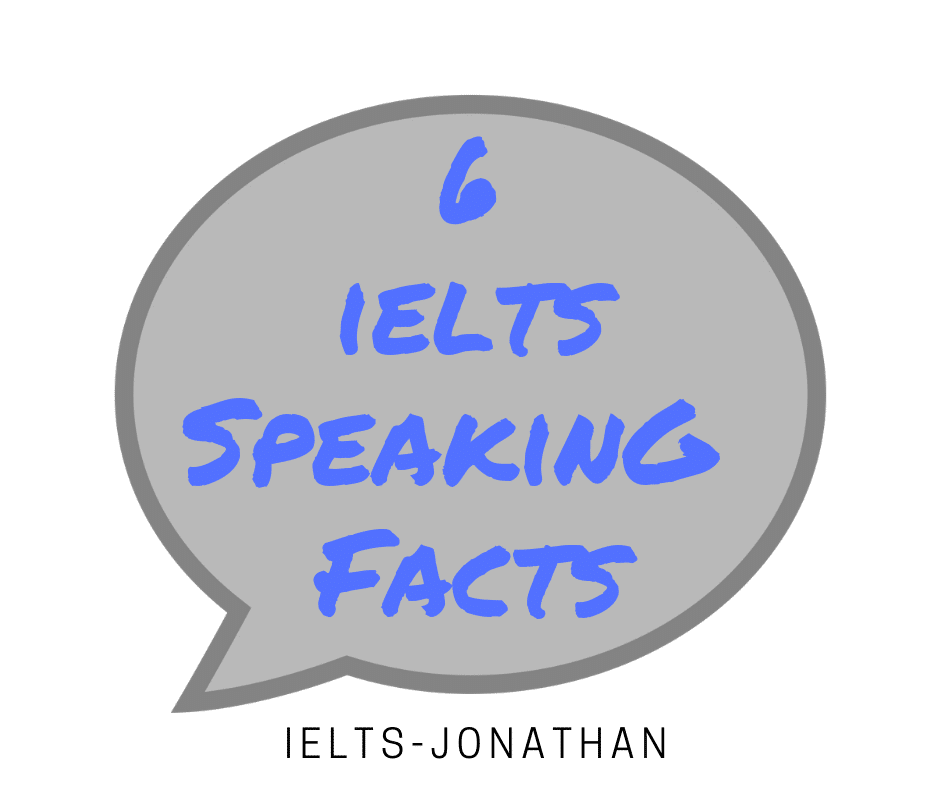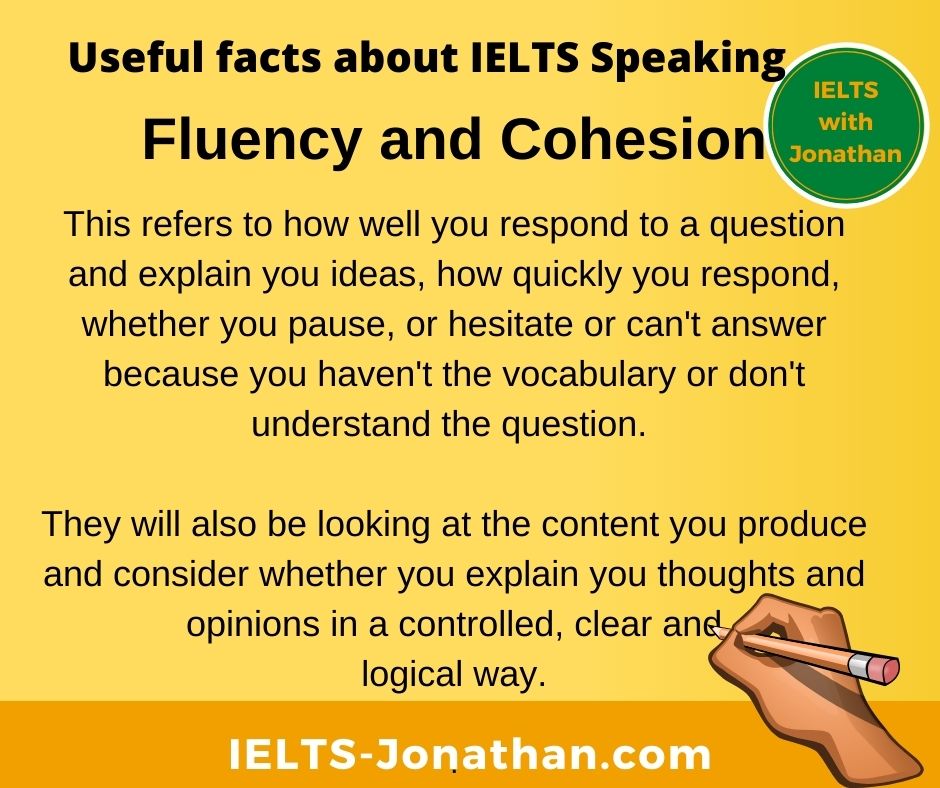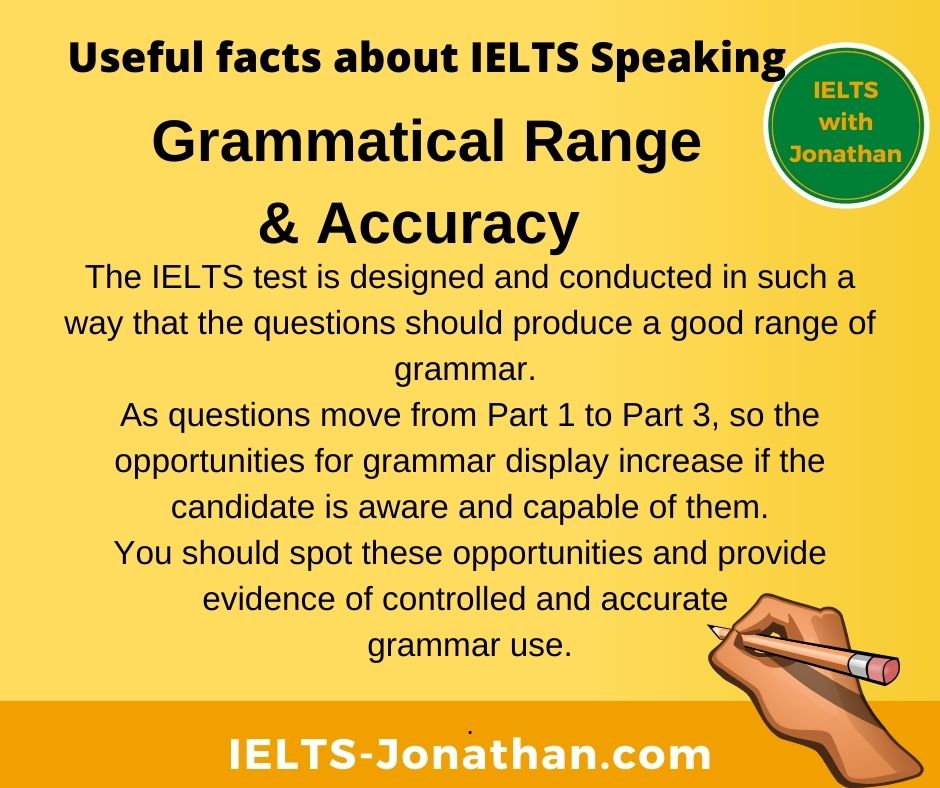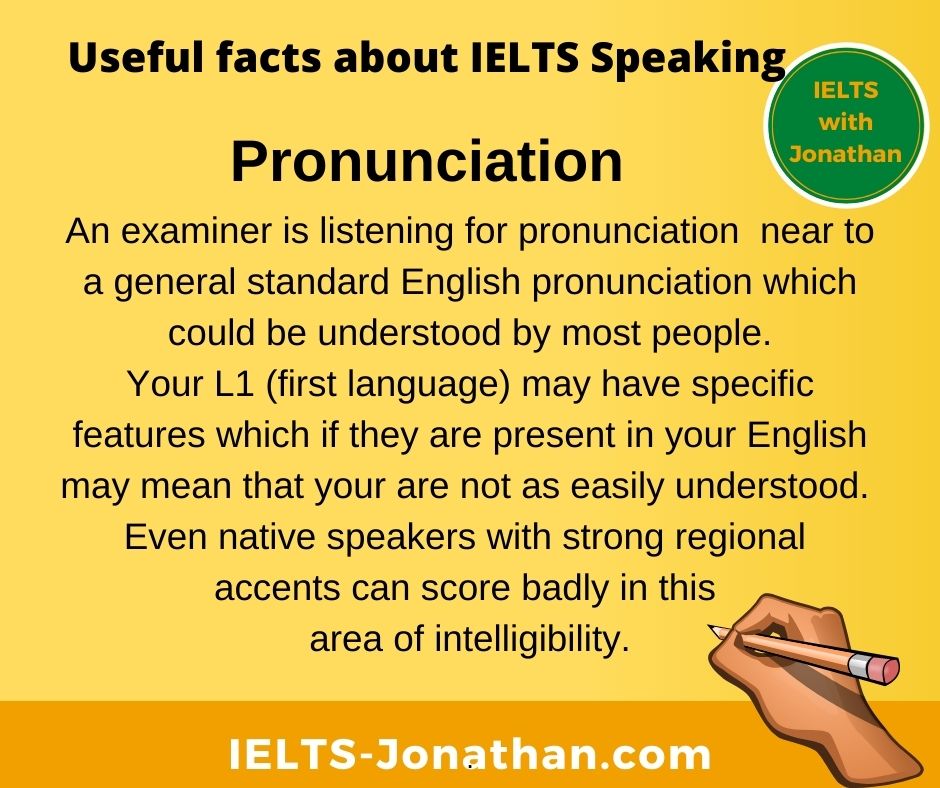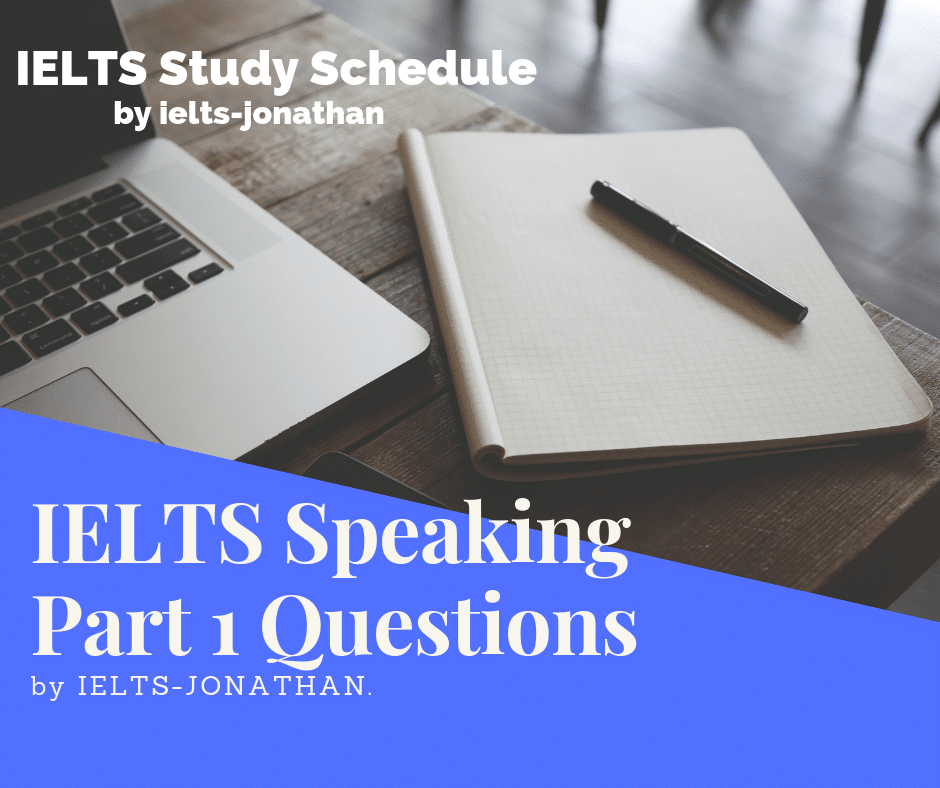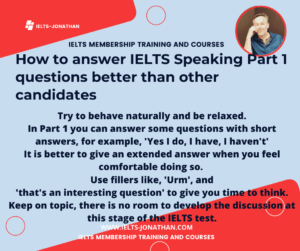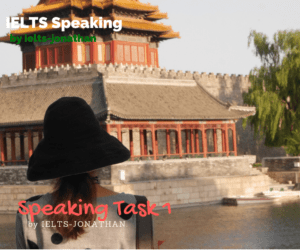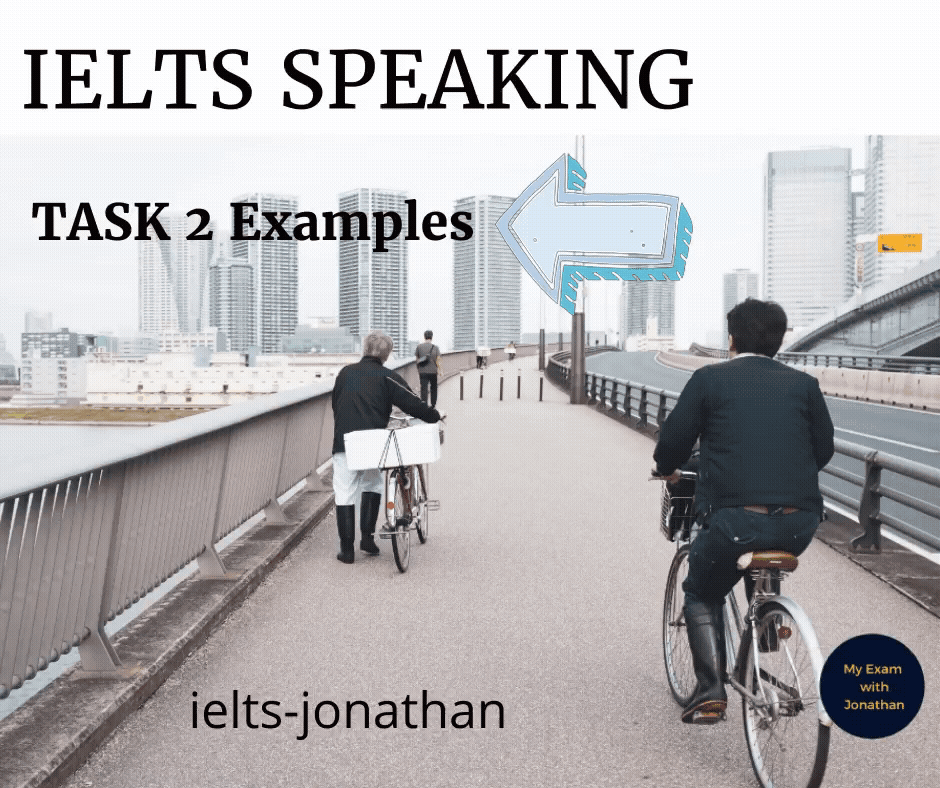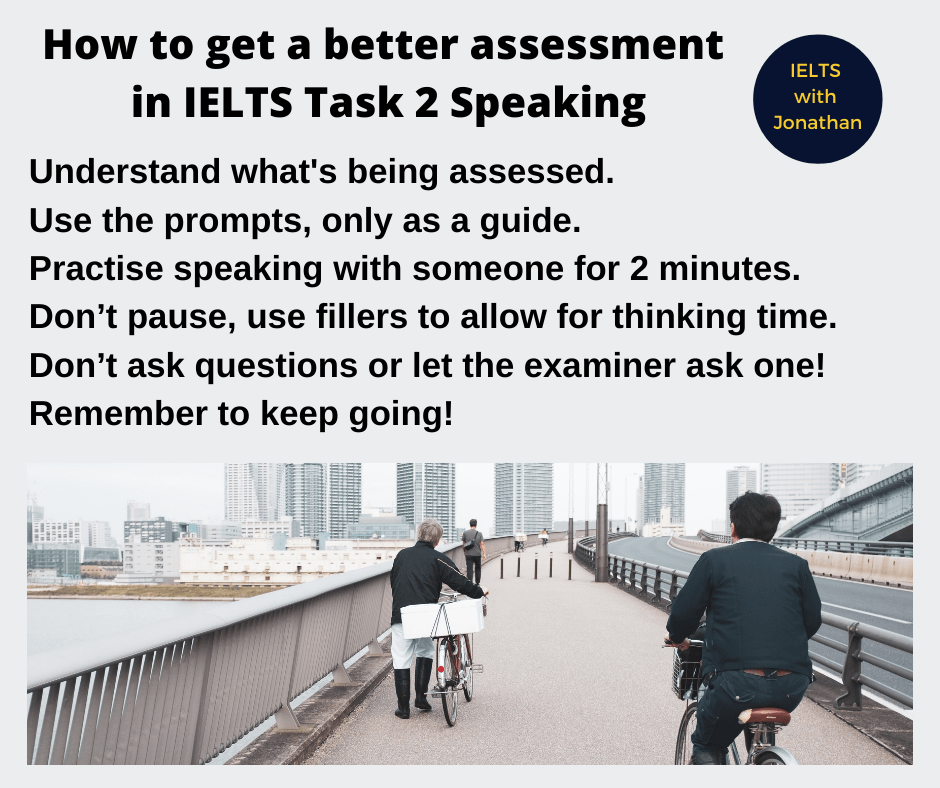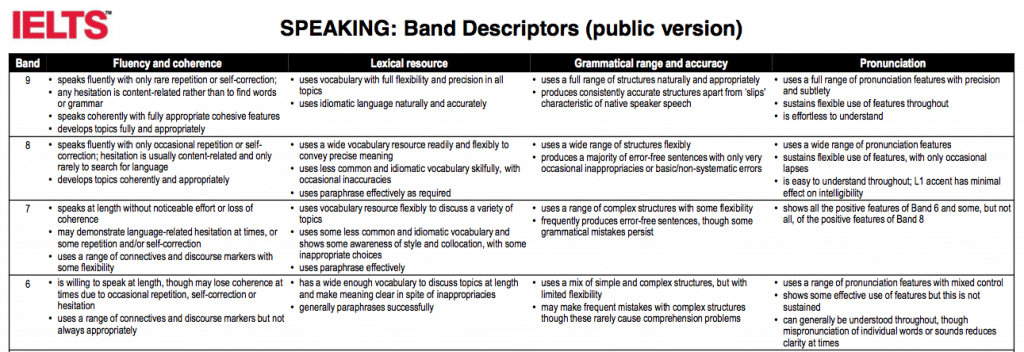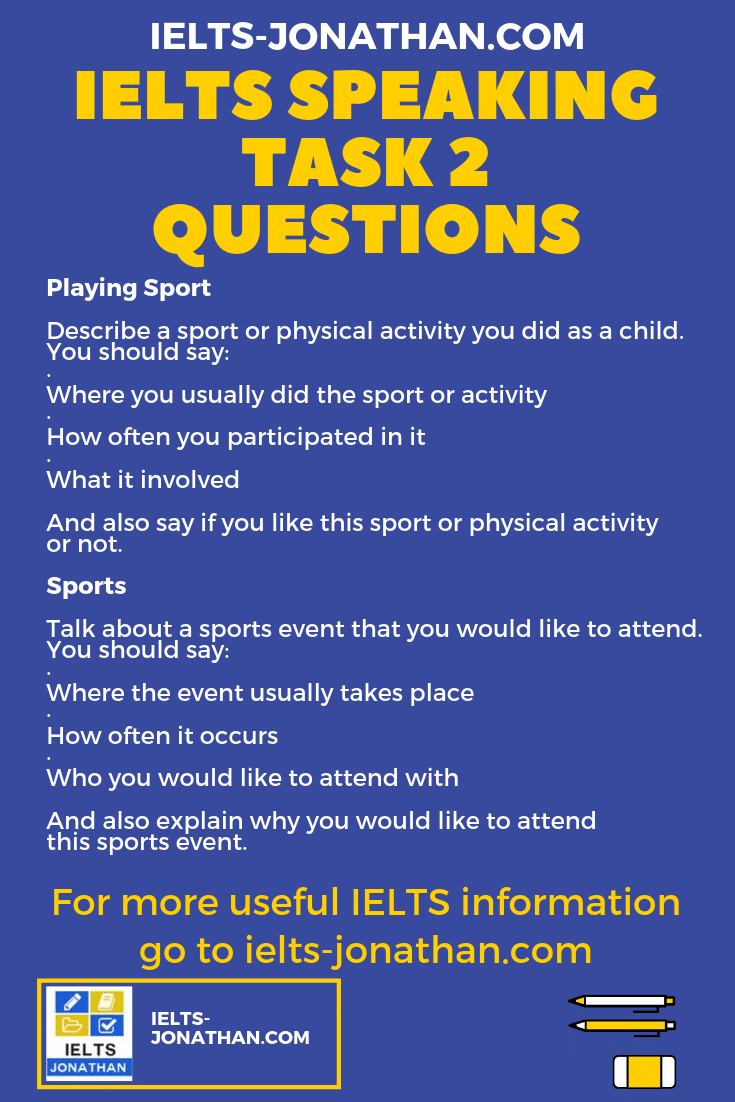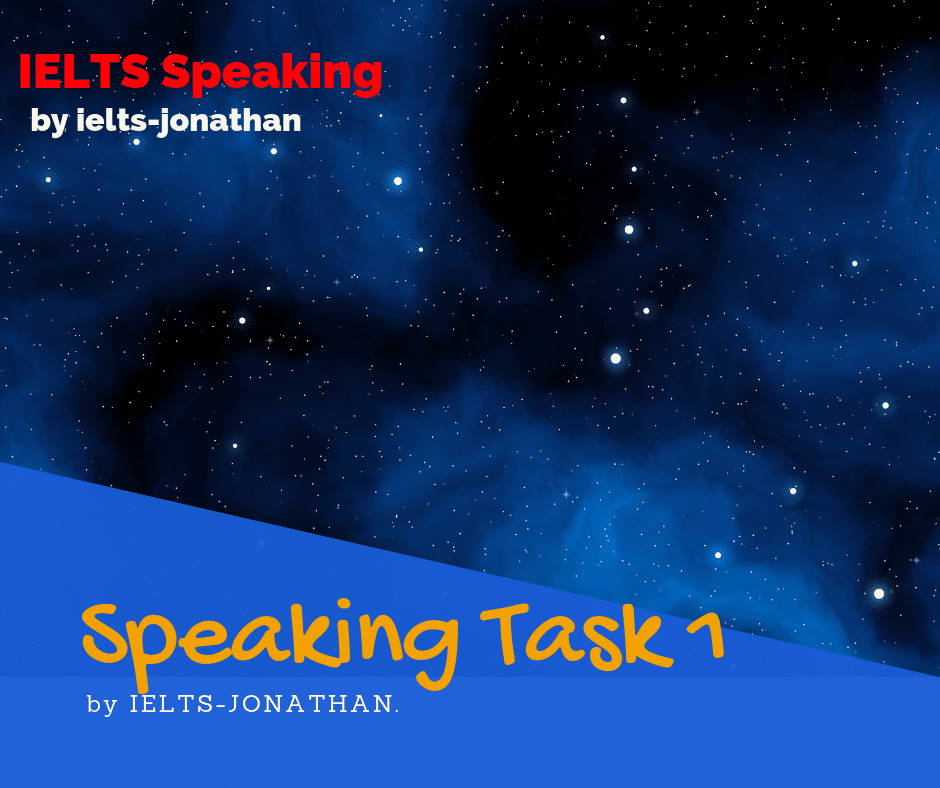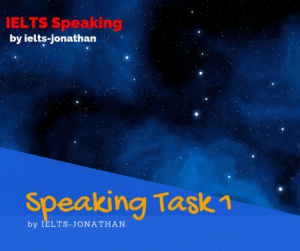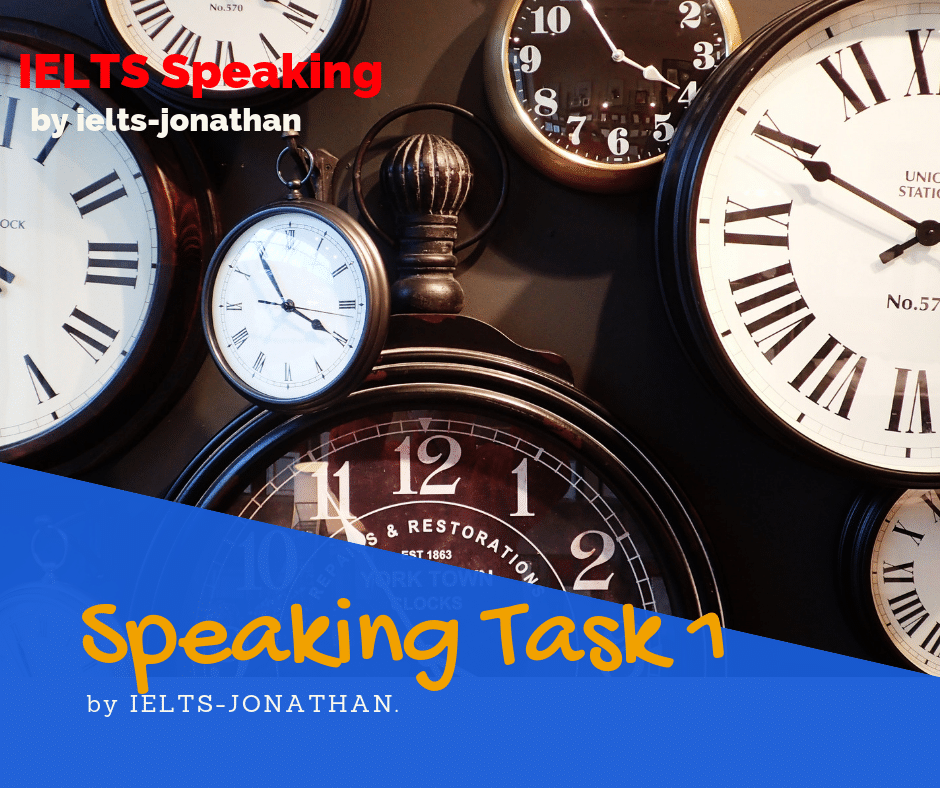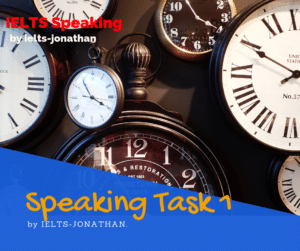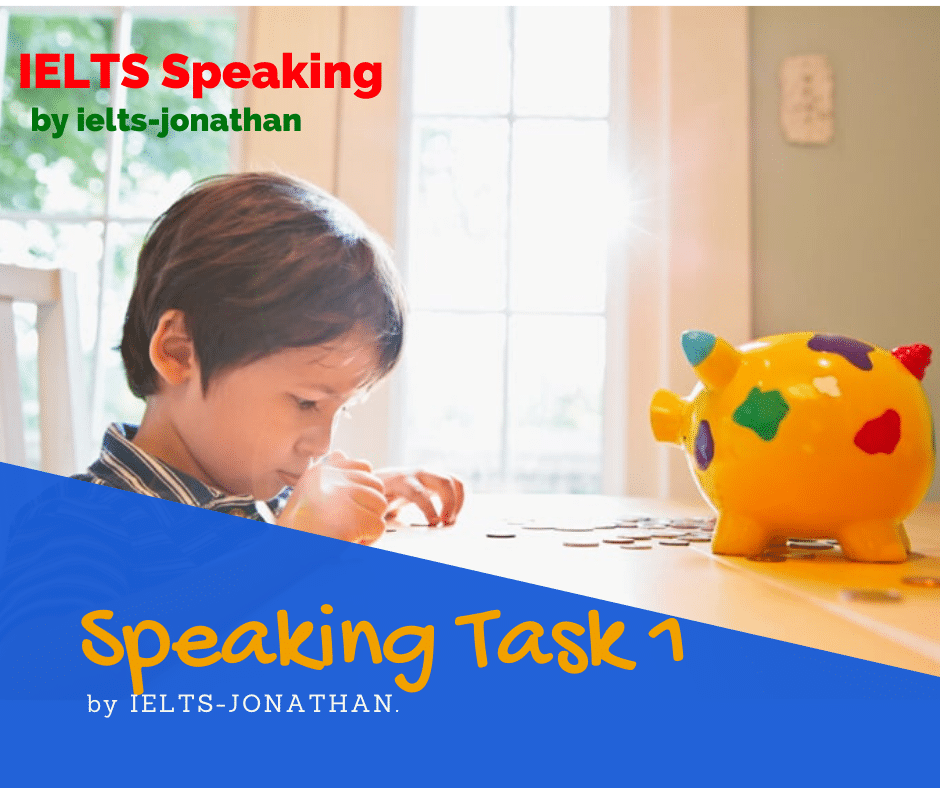What are IELTS descriptors
Here are 6 little known facts about IELTS with tips and snippets of IELTS advice to help you with the speaking exam in a handy infographic.
Every IELTS candidate ought to be aware of these.
What are IELTS band scores?
There are 9 band scores in IELTS and each attempts to describe how well you perform in the IELTS language test.
IELTS Band 9 is a benchmark given to expert users.
An expert user is not always a native speaker, but someone who can produce sufficient language in a controlled and precise manner that satisfies the IELTS task. In the case of speaking, this means responding to questions fully in a relevant and meaningful way.
Other band scores are also used as important benchmarks too.
For example, band score IELTS 7.5 is a benchmark used for entrance to post-graduate university study and to practice in the medical profession.
An IELTS band score of 6.5 is often used for work visas, for example, migration to Australia and Canada.
In contrast, an IELTS score of 4.5 and 5.5 can be used as a university entrance benchmark for undergraduate Pre-sessional Courses in many countries such as the United Kingdom.
How are IELTS band descriptors used in Speaking
To improve your confidence and achieve a better IELTS score, you should read this post and understand how IELTS speaking is marked.
To get an overall IELTS Band score for IELTS Speaking, four IELTS band descriptors are used.
These all carry an equal weighting of 25% and are added together to form an overall IELTS Speaking Band Score.
IELTS Speaking is 1 part of 4 parts in the IELTS test.
The speaking test score is added to a band score for Writing, and added to the points you score in IELTS Listening and Reading to give the overall IELTS Band Score.
IELTS Speaking Fact – Fluency and Cohesion
The first band descriptors that IELTS examiners use is called FC. This is fluency and coherence.
This refers to how well an IELTS candidate can respond to a question and explain their thoughts.
So, for example, an IELTS examiner will be looking to see how quickly you respond to their questions.
They will also note whether you pause, or hesitate or can’t answer because you haven’t the vocabulary or don’t understand the question.
The examiner will be noting how much and how long the answers you give are, in order to understand your fluency.
They will also be looking at the content you produce. For example, the examiner will consider whether you explain you thoughts and opinions in a controlled, clear and logical way. Does what you say make sense or is it confused.
The questions the examiners asks themselves refer to coherence and how well you can be understood.
IELTS Speaking Fact – Lexical Resource
The next area the examiner considers is LR or Lexical Resource and is related to the words that you use in your response to IELTS questions.
A trained examiner looks for content words that indicate the level you are working at and assess if you are able to use a wide range of vocabulary, and more importantly, whether you use this vocabulary in a controlled and accurate way.
This is important as it indicates how well you can use vocabulary in a natural way.
Using vocabulary in a natural or expected way supports explaining your ideas and opinions, and so it helps with cohesion.
In contrast, using unnatural vocabulary or unexpected words can breakdown cohesion and lower your score.
IELTS Speaking Fact – Grammar
GRA is also known as Grammatical Range and Accuracy.
A good score in this area is 7+. To achieve this the examiner needs to hear more than just the simple present, past and simple tenses but a good range of grammar used naturally and accurately.
Not many people know this, but the IELTS test is designed and conducted in such a way that the questions should produce a good range of grammar.
As questions move from Part 1 to Part 3, so the opportunities for grammar display increase if the candidate is aware and capable of them.
Using grammar inappropriately can lower the score in this area and can also affect the first band descriptor, fluency and coherence.
IELTS Speaking Fact – Pronunciation
Finally, the affect your pronunciation has on intelligibility is assessed in PR, or Pronunciation.
The basic point that the examiner is listening for is whether pronunciation is near to a general standard English pronunciation which could be understood by most people or are there aspects of your language that are affected by your first language.
Your L1 (first language) may have specific features which if they are present in your English may mean that your are not as easily understood as you could be.
This will affect you intelligibility. This is an area you may need to work on but don’t worry, even native speakers with strong regional accents can score badly in this area of intelligibility.
What is important is to be aware of your weak areas, so ask you teacher or someone who knows about languages and ask if you are clear and easily understood.
Conclusion
One of the biggest mistakes that IELTS candidates make is not being aware of how they are assessed.
Understanding how band scores are awarded and created using IELTS descriptors means students can focus on areas of assessment which are important.
Being aware of this means you can work on your weaker areas.
Simply by being more aware of the test, you’re likely to be more confident too.
I hope this was useful and feel free to share it!
I’m Jonathan
I’ve taught IELTS and University English in more than a dozen universities and schools around the world.
I’m a parent, traveller and passionate about language teaching and helping students achieve their dreams.
Whilst living in Austria or working in Asia, I run IELTS courses to help students get to where they want to be.
If you are serious about IELTS, connect with me to see how I can help you.

